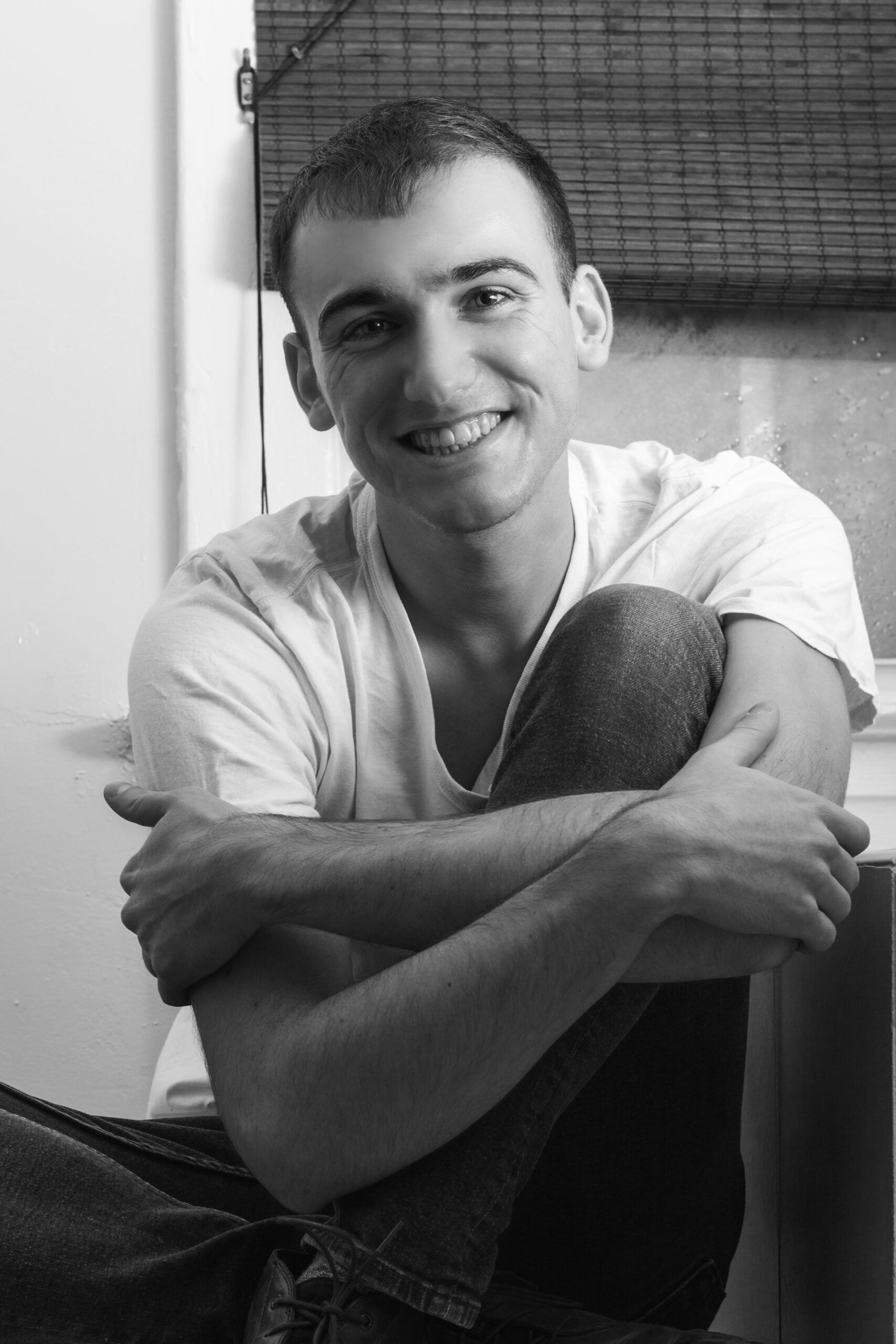After sex we broke the blinds, trying to catch a glimpse, but the moon was hidden behind
tomorrow’s storm clouds (and besides it wasn’t that much bigger anyway). Jordan said
I’ll probably be dead by the time it comes around again when I told him of the rarity of this alignment by which he meant I’ll probably be dead, too.
True—this threat of extinction. Our hungry excess
ready to devour everything. At least there was free Italian ice to be had in commemoration—
although I missed it—like I miss Italian ice every year—lulled into apathy by the promise of next
year—or 19 years from now. Still, with the way the Earth is tilting—and further—
with the way we tilt one after the other like dominoes, who’s to say? The old argument of choice
or fate: the moon falling and rising like a windswept clotheslined shirt
in rhythm with its own invisible drum whose notes we try to master with futility—
seasons and solar systems and a serendipitous shirtsleeve;
all the while the ice keeps melting; and still—it’s no good being apocalyptic.
Harbor the worms from choking on rotted earth in future equinox. With faith,
we’ll come around again—or not—not any of this. We’ll see in time. Naked, we grasp at any
excuse to pause; marvel at a giant—whose push and pull brings oceans to our shores—
teetering at the edge of the sky.
“THERE’S NO THROUGH TRAIL” —HAN-SHAN, TRANSLATED BY GARY SNYDER
Super Worm Moon
by DJ Hills
Issue: Spring/Summer 2020

About DJ Hills
DJ Hills is a queer writer and theatre artist from the Appalachian Mountains, currently living in Baltimore. DJ’s writing appears most recently in Appalachian Review, Oyster River Pages, and Arkansas Review, and their plays have been produced in and around Baltimore City. Find them online at www.dj-hills.com
Cold Mountain Review is published once a year in the Department of English at Appalachian State University. Support from Appalachian’s Office of Academic Affairs and College of Arts and Sciences enables CMR’s learning and publications program. The views and opinions expressed in CMR do not necessarily reflect those of university trustees, administration, faculty, students, or staff.
